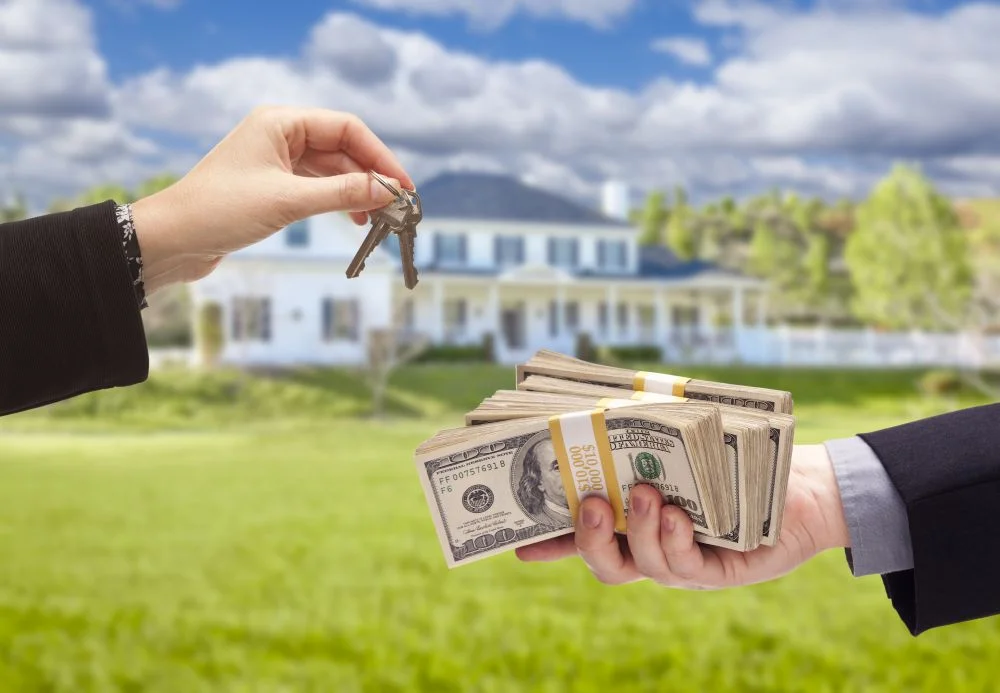When you decide to sell your home, one of the things you’ll need to do is to determine an asking price. This can be difficult because you need to find a balance between attracting good offers and getting a high profit.
As you figure it out, you’ll learn about fair market value, which means the amount that you and the buyer can agree on (can be subject to some conditions). It is different from an asking price.
If you work with a real estate agent, they usually begin by conducting a competitive market analysis of your home and giving you an estimate of the fair market value of your home which is based on the housing market in your area and how much similar houses in your area were selling for.
In areas like California and much of the West where the market is hot, you’re at an advantage. “The market has been gaining steam, and the seller is taking control,” said Nashat Benyamein, a broker in Long Beach, Calif. “Our average number of days on the market went from 30 days to 7 days or less.”
Overpricing sometimes also works to your advantage, but be careful; it might cost you more in the end. There may be several factors that can prompt you to set a high asking price –
- If you’ve made some improvements/additions. Don’t expect to get a full return for what you’ve spent on these projects. Some additions made that seem to suit your personal preference (like a new paint of your favorite color; custom-made fixtures; a sunroom) can actually work against you.
- Need for a lot of money;
- You’ll move to a more expensive house.
- You originally bought the house for an overpriced amount.
- You don’t have much knowledge with regards to factual comparable sales.
- You want bargaining room.
- The move isn’t necessary.
However if you’re in a neutral market like Minneapolis, you need to be careful in setting the selling price.
“While a few select neighborhoods are experiencing good activity, the market generally is favoring buyers,” said Mary Jo Oren, a Realtor in Minneapolis, Minn. “Price reductions are becoming more common and sellers are having a tough time adjusting to fewer offers, fewer multiple offers and increased market time to sell. Buyers are less emotional and not afraid to offer significantly less than list price plus ask for additional seller participation.”
Usually, the asking price is 1 – 3% higher than the market value. You should expect negotiations to take place until you and the buyer reach a price you can both agree on. If your asking price is a lot higher than the market value, you won’t have much offer and your house will stay long in the market, reducing its value eventually. Some buyers wait until sellers reach a point where they seem desperate to sell their home.
Think about the outcome you want. Do you want to sell quickly or you prefer to get as much profit as you can? Is the amount being suggested by your agent fair enough for you? If you were the buyer, would you buy it with the price you set?
You, as owner of the house will have a hard time assessing your house in an objective manner. Bring in some friends and relatives who can help you on this. A third party can help you see your house with all positive and negative points. This is essential in determining the selling price for your home. You should also compare it to the price of comparable houses in your area.


